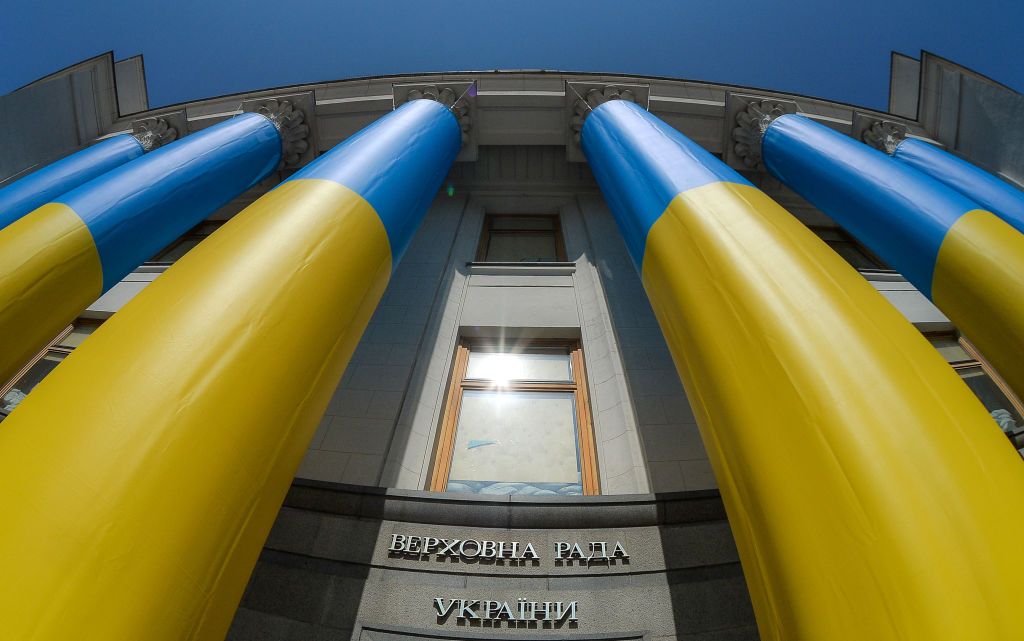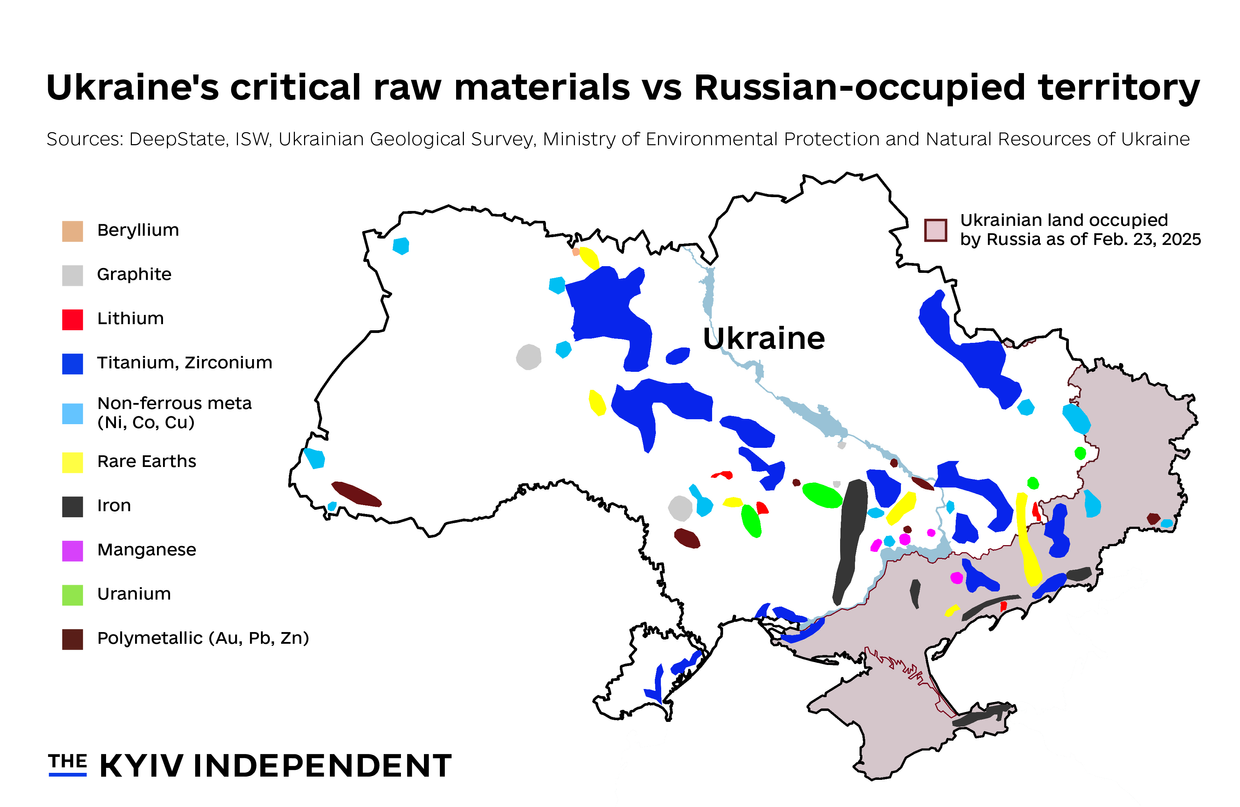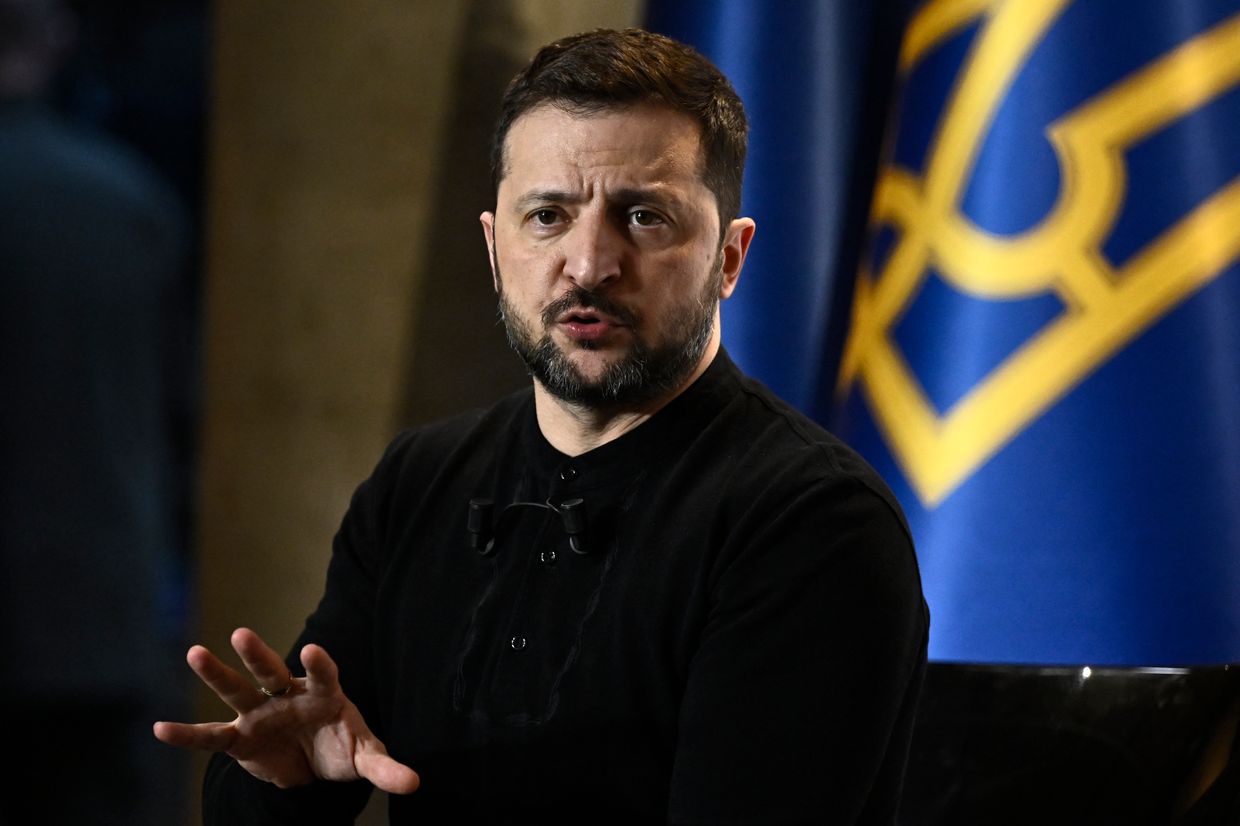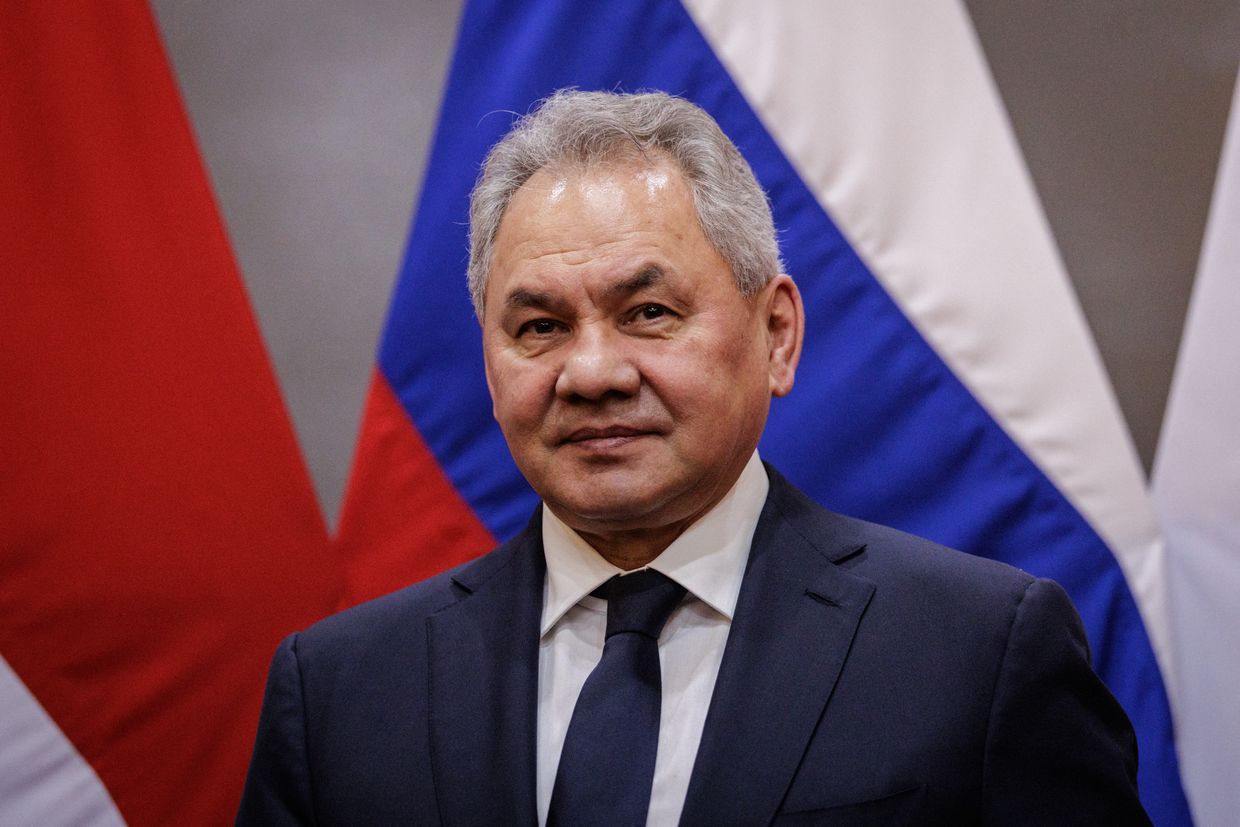The approval marks a key step in international efforts to hold Moscow accountable for what is considered the gravest violation of international law committed against Ukraine.
Although Moscow declared on April 28 that it would halt all military actions from May 8 to midnight on May 11 to mark Victory Day, strikes on civilian areas have continued.
Under Soviet dictator Joseph Stalin's rule, millions of Ukrainians died during the Holodomor, a man-made famine in 1932–1933. The dictator also oversaw mass deportations, purges of Ukrainian intellectuals and leaders, and the suppression of the Ukrainian language and culture.
According to the Security Service of Ukraine (SBU), this marks the first time Ukrainian authorities have exposed a Hungarian military intelligence network conducting activities harmful to Ukraine.
Delegations from 35 countries and the Council of Europe gathered in Lviv as EU officials prepare to approve both new defense aid and steps toward establishing a tribunal for Russian leadership.
The ruling marks a significant victory for RFE/RL amid growing concerns about U.S. funding cuts to independent media countering Russian disinformation.
U.S. Cardinal Robert Prevost was elected the new pope and leader of the Roman Catholic Church on Thursday, taking the name Pope Leo XIV, a senior cardinal announced on May 8 to crowds gathered in St. Peter’s Square, according to Vatican News.
George Simion, leader of Romania's far-right AUR party, who won the first round of the presidential election with nearly 40% of the vote, reiterated that if elected, he would oppose any further assistance to Ukraine and shift Romania’s focus inward.
Russian President Vladimir Putin and Chinese President Xi Jinping hailed their countries' relationship on May 8, vowing to increase cooperation in all areas, including military ties.
"There is Turkey, which maintains channels of communication. And then, above all, there is the People's Republic of China, which, more than anyone else, has the means to make (Russian President Vladimir) Putin come to the negotiating table and soften his demands," Polish Foreign Minister Radoslaw Sikorski said on May 8.
The United States will be ready to "walk away" from the negotiating table if it does not see Russia making progress in negotiation to end the war, U.S. Vice President JD Vance told Fox News on May 8.
Slovak Prime Minister Robert Fico arrived in Moscow on May 9 to celebrate Victory Day, commemorating the 80th anniversary of the defeat of Nazi Germany in World War II.
US President Donald Trump on May 8 called for a "30-day unconditional ceasefire" between Ukraine and Russia. Writing on Truth Social, Trump expressed his hope for "an acceptable ceasefire," with both countries "held accountable for respecting the sanctity of... direct negotiations."
Ukraine's parliament ratifies minerals deal between Washington, Kyiv

The Verkhovna Rada, Ukraine's parliament, ratified the U.S.-Ukraine minerals deal on May 8, lawmaker Yaroslav Zhelezniak said.
The document was supported by 338 MPs.
The agreement, signed on April 30, establishes a joint investment fund between Kyiv and Washington and grants the U.S. special access to projects developing Ukraine's natural resources.

On May 6, Ukraine's parliamentary committee on foreign policy has backed the ratification of the minerals deal. Eleven members of the foreign policy committee supported the decision; one abstained from voting, and two others did not participate, according to Zhelezniak.
Following the signing of the agreement between Kyiv and Washington, the parties did not disclose details on how the Reconstruction Investment Fund will work, except that it will be managed in an equal partnership, with both sides contributing.
Earlier, Prime Minister Denys Shmyhal said that future military aid from the U.S. could count as contributions to the fund, but previous assistance is not included.
Ukrainian President Volodymyr Zelensky welcomed the ratification of what he described as the most promising economic agreement between Ukraine and the U.S. to date. "This is joint investment cooperation with the U.S. for decades to come," Zelensky said.
"I expect the ratification law to be submitted from the Verkhovna Rada to my Office soon. Once the legal procedures are complete, we will be able to begin establishing the Fund," he wrote on X.
The signing of the minerals deal followed months of negotiations that at times became contentious and strained the relationship between the U.S. and Ukraine.
The countries first planned to ink the deal in late February, but the agreement fell apart in the wake of the infamous White House argument between President Volodymyr Zelensky and U.S. President Donald Trump.
The final deal avoids many elements in the earlier drafts that experts viewed as exploiting Ukraine, but still provides no concrete security guarantees from the U.S. The finalized agreement does prevent counting previously delivered U.S. military aid as a contribution to the joint fund.

Most Popular

After Russia's deadly attack on Kyiv, Vance reposts denunciation of Zelensky

Ukraine, Europe's ceasefire proposal includes US security guarantees, no recognition of Crimea, Reuters reports

After 3 years of full-scale war in Ukraine, Europe announces plan to ban all Russian gas imports

Shoigu threatens Europe with nuclear weapons if Russia is faced with 'unfriendly actions'

Journalist Roshchyna's body missing organs after Russian captivity, investigation says
Editors' Picks

How medics of Ukraine’s 3rd Assault Brigade deal with horrors of drone warfare

As Russia trains abducted children for war, Ukraine fights uphill battle to bring them home

'I just hate the Russians' — Kyiv district recovers from drone strike as ceasefire remains elusive


